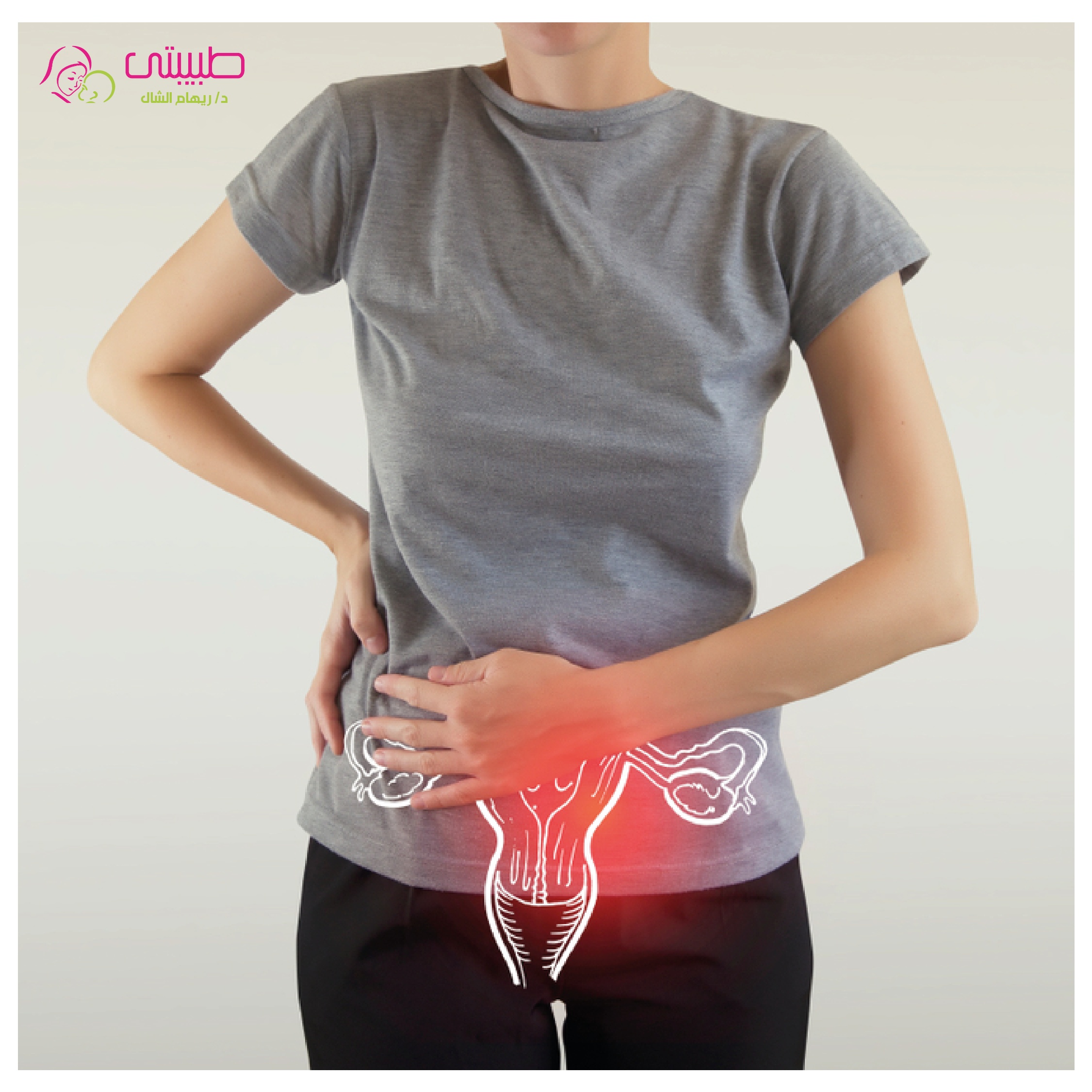A Secret That Can Help You Overcome Poor Ovarian Response and Boost IVF Success Rates
On the journey through infertility and IVF, we face many challenges. But sometimes, the solution lies in a small detail—one compound that can change the entire outcome. Many people have never heard of it, and others may have come across the name but don’t know how to use it properly, or who exactly needs it. It’s called L-Arginine, and it’s not just a compound—it can be a lifeline for many who are going through the difficult experience of IVF.
Dr. Reham El Shal, specialist in Obstetrics, Gynecology, Infertility, and IVF, explains that during IVF cycles, we often encounter cases known as poor responders. These are women who, despite taking very high doses of ovarian stimulation medications—450 or even 600 units daily—still produce only one or two eggs. Sometimes these eggs are even empty or non-viable. Such cases cost more, drain time, energy, and emotions, and often end in disappointing and heartbreaking results.
This is where L-Arginine comes in.
So, what is L-Arginine?
L-Arginine is an amino acid—we call it a “semi-essential” amino acid. That means our bodies can produce it, but in certain conditions—like during growth phases or physical stress—we need to supplement it externally.
In children, it’s used to promote growth. But for adults? Why would we need it?
Because in IVF, a woman’s body is in a state of active growth—we’re stimulating it to produce not just one egg as in a normal month, but as many eggs as possible, so we can generate multiple embryos and increase the chances of success.
How does this compound work?
L-Arginine works in a crucial way: it improves blood flow, especially to the reproductive organs. And it does that through two main mechanisms:
First:
It prevents white blood cells from sticking to the walls of blood vessels. This keeps the vessels open and allows more blood to flow to the ovaries and uterus.
Second:
It affects the smooth muscle in the vessel walls. When these muscles are overly strong or thick, the vessels constrict and reduce blood flow. L-Arginine reduces the muscle fiber content, which allows the vessels to relax and widen, enabling better blood circulation.
The result?
• Ovaries produce more eggs, and their quality improves.
• The uterine lining becomes stronger, more receptive, and ready to hold and support an embryo.
In short: Pregnancy chances increase, embryos are healthier, and the dream gets closer.
👉 Watch the full video here:
⸻
Is this compound safe? And why isn’t it always prescribed?
Here comes the key question: Why doesn’t every woman undergoing IVF get L-Arginine? Why don’t doctors always include it in prescriptions?
The answer is simple: It’s not suitable for everyone.
In some cases, using it can cause serious side effects. If taken in high doses without actual need, it can:
• Decrease the vessels’ ability to contract
• Cause blood stagnation instead of improved flow
• Reverse its effect and do more harm than good
That’s why it’s very important not to request it from your doctor just because you’ve heard about it. Only your doctor can determine if you truly need it, whether it will benefit your specific condition, or if there are better alternatives.
⸻
What if I want to get it from natural sources?
Here’s the good news. There are foods rich in natural L-Arginine that can give you similar benefits—without the potential side effects.
Top natural sources include:
• Chicken thigh – contains about 9 grams of L-Arginine
• Turkey – another excellent source
• Pumpkin seeds (white seeds)
• Lentils
• Lentil soup
• Spirulina – a natural supplement we’ll cover in a future lesson
⸻
In conclusion…
If you find that your prescription doesn’t include L-Arginine, don’t panic. Instead, ask your doctor:
“Does my case need it?” not “Why didn’t you prescribe it?”
Because taking more than needed won’t just be ineffective—it could harm you.
Pregnancy is a big dream, and it deserves a well-planned journey under the care of a doctor who understands your case.
If you found this lesson helpful, click like so it reaches at least ten other women who might be searching for the same information. And if you’re not yet subscribed, join our channel so you don’t miss any of the “TBIBTY” lessons that cover all aspects of infertility and IVF.
And your dream of motherhood?
We’re here to bring it closer to you—step by step, safely and scientifically.

